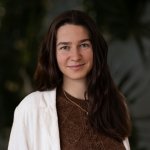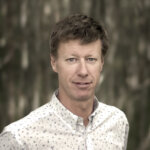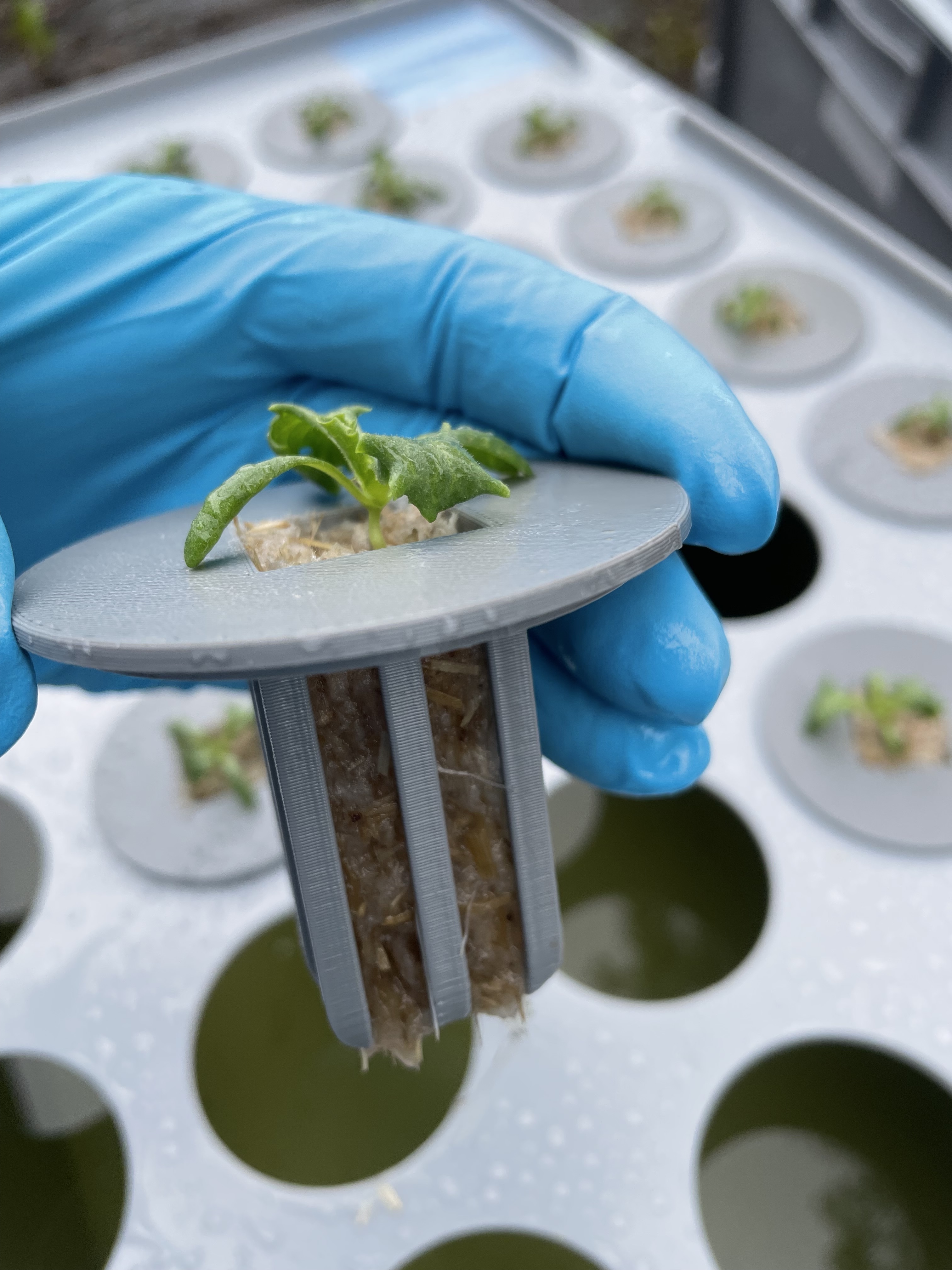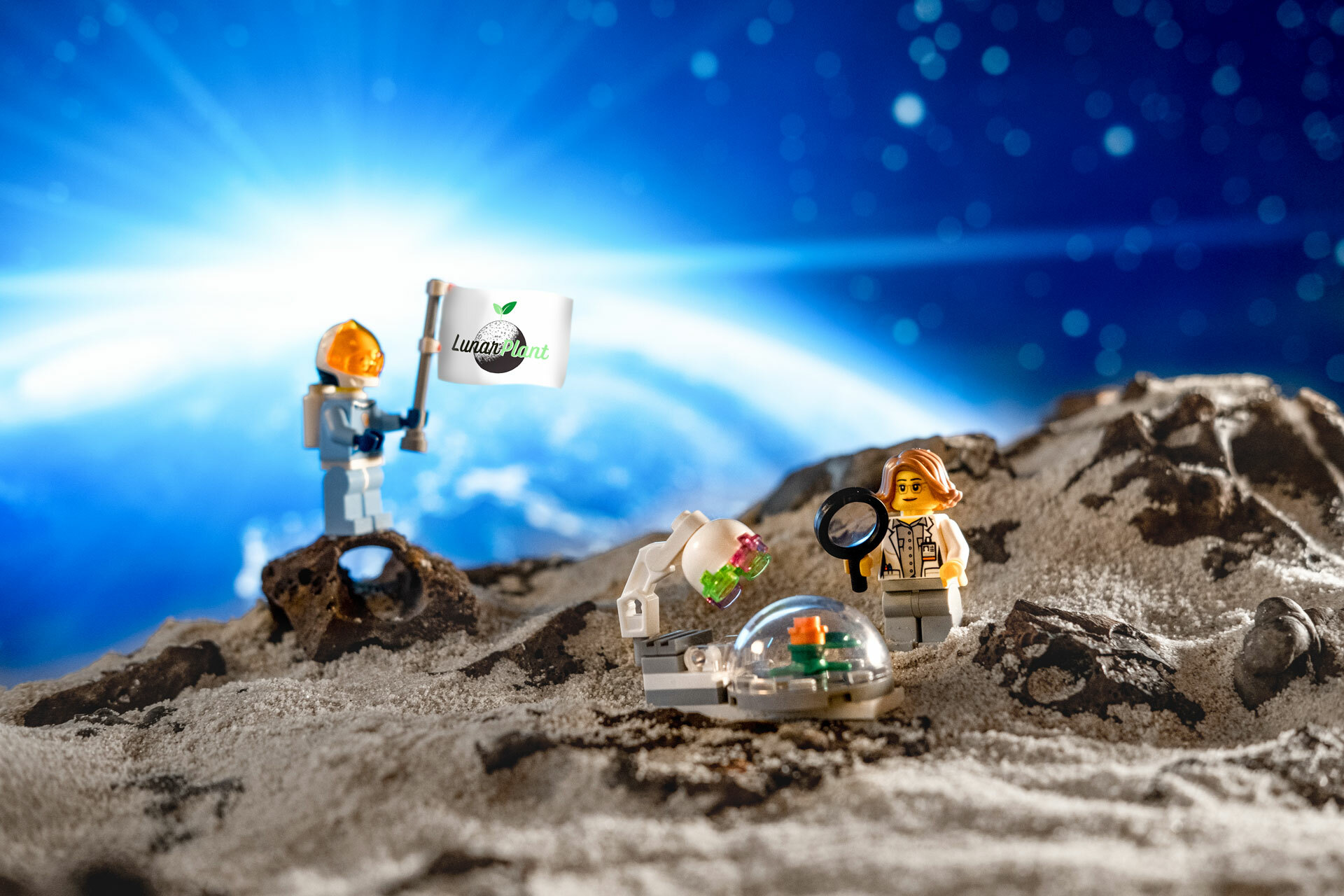LunarPlant
-
 Ann-Iren Kittang JostProsjektleder
Ann-Iren Kittang JostProsjektleder -
 Anja JennerProsjektdeltager
Anja JennerProsjektdeltager -
 Øyvind Mejdell JakobsenProsjektdeltager
Øyvind Mejdell JakobsenProsjektdeltager

LunarPlant Consortium:
CIRIS
Ann-Iren Kittang Jost - project leader
Øyvind Mejdell Jakobsen oyvind.m.jakobsen@samforsk.no - work package leader
Mona Schiefloe mona.schiefloe@samforsk.no – PhD student
NTNU
Lisbeth Mehli lisbeth.mehli@ntnu.no – work package leader
Gunn Merethe Bjørge Thomassen gunn.m.thomassen@ntnu.no – Post Doc
SINTEF
Galina Simonsen Galina.Simonsen@sintef.no - work package leader
VTT
Pääkkönen Elina elina.paakkonen@vtt.fi - work package leader
Paunonen Sara Sara.Paunonen@vtt.fi
Hydroponic Plant Cultivation on a Lunar Base Using Nutrient Sources from Human Waste
Resource utilization will be essential when humans establish a permanent Lunar base and it is a perquisite for sustainable development on Earth. For human space travels regenerative systems are developed recycled and reused resources providing astronaut with component of the air that they beath, water to drink and food to eat. Human waste is among the resources where nutrient element and water can be reused. Developing closed regenerative systems are however challenging. They must be safe, reliable and predictable as they will be essential for the astronauts on the Lunar surface. The system will consist of both physical/chemical and biological processes that needs to be optimized. Using plants such as lettuce or other vegetables cultivated in water-based substrates (hydroponics) is regarded as key element of the regenerative systems.

In the LunarPlant project both fundamental knowledge, methods and technologies will be developed within hydroponic plant cultivation to enable reuse of nutrients from human waste for space and terrestrial application. Fundamental knowledge will be gained on how available resources on the Lunar base such as human waste, regolith (lunar granulate) and cellulose soft stowage material from transport. As part of this work nutrient solution characterization will be done of the human waste after mineralization, plant responses and tolerance to the nutrient solution will be analyzed, as well as characterization and testing of plant root support of the regolith and 3D-oriented cellulose substrates. An important aspect will also be to analyze the nutritional value and food safety of the plants. Lettuce will be the main model plant, however, other crops such as red-beet, kale, spinach and cabbage will be cultivated and studied.
The LunarPlant project bring together an interdisciplinary and international team of scientists:
- CIRiS (Centre for Interdisciplinary Research in Space, NTNU Samfunnsforskning AS)has the project management, optimizing the nutrient solutions based on remineralized organic waste for plant hydroponic cultivation and analyzing the plant responses in nutrient solution.
- NTNU (Department of Biotechnology and Food Science, Norwegian University of Science and Technology), Norwegian University of Science and Technology) will do the food safety evaluation and analyzing the nutritional value of the plants.
- SINTEF (Industry Department of Process Technology)is responsible for the work related to the root support substrates and the project dissemination.
- VTT will design and manufacture the 3D cellulose-based foam to be used as root support.
The science team, including one PhD and one Postdoc, will develop knowledge, materials and technology that will lead to a significant step forward within closed life support systems for long duration human space travel with strong synergies towards challenges on Earth of sustainable food production and recycling/reuse of resources such as nutrient elements.
